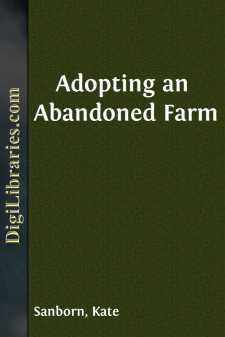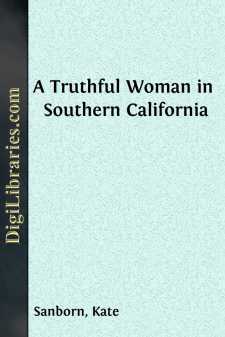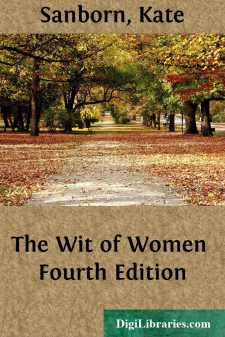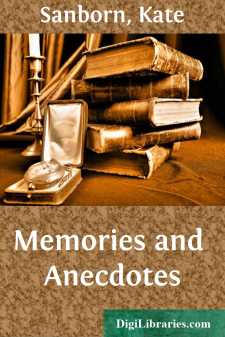Categories
- Antiques & Collectibles 13
- Architecture 36
- Art 48
- Bibles 22
- Biography & Autobiography 815
- Body, Mind & Spirit 144
- Business & Economics 28
- Children's Books 18
- Children's Fiction 14
- Computers 4
- Cooking 94
- Crafts & Hobbies 4
- Drama 346
- Education 58
- Family & Relationships 59
- Fiction 11829
- Games 19
- Gardening 17
- Health & Fitness 34
- History 1378
- House & Home 1
- Humor 147
- Juvenile Fiction 1873
- Juvenile Nonfiction 202
- Language Arts & Disciplines 89
- Law 16
- Literary Collections 686
- Literary Criticism 179
- Mathematics 13
- Medical 41
- Music 40
- Nature 179
- Non-Classifiable 1768
- Performing Arts 7
- Periodicals 1453
- Philosophy 65
- Photography 2
- Poetry 896
- Political Science 203
- Psychology 44
- Reference 154
- Religion 515
- Science 126
- Self-Help 85
- Social Science 82
- Sports & Recreation 34
- Study Aids 3
- Technology & Engineering 59
- Transportation 23
- Travel 463
- True Crime 29
Our website is made possible by displaying online advertisements to our visitors.
Please consider supporting us by disabling your ad blocker.
Adopting an Abandoned Farm
by: Kate Sanborn
Description:
Excerpt
CHAPTER I.
I have now come to the farmer's life, with which I am exceedingly delighted, and which seems to me to belong especially to the life of a wise man.
CICERO.
Weary of boarding at seashore and mountain, tired of traveling in search of comfort, hating hotel life, I visited a country friend at Gooseville, Conn. (an assumed name for Foxboro, Mass.), and passed three happy weeks in her peaceful home.
Far away at last from the garish horrors of dress, formal dinners, visits, and drives, the inevitable and demoralizing gossip and scandal; far away from hotel piazzas, with their tedious accompaniments of corpulent dowagers, exclusive or inquisitive, slowly dying from too much food and too little exercise; ennuied spinsters; gushing buds; athletic collegians, cigarettes in mouths and hands in pockets; languid, drawling dudes; old bachelors, fluttering around the fair human flower like September butterflies; fancy work, fancy work, like Penelope's web, never finished; pug dogs of the aged and asthmatic variety. Everything there but MEN—they are wise enough to keep far away.
Before leaving this haven of rest, I heard that the old-fashioned farm-house just opposite was for sale. And, as purchasers of real estate were infrequent at Gooseville, it would be rented for forty dollars a year to any responsible tenant who would "keep it up."
After examining the house from garret to cellar and looking over the fields with a critical eye, I telegraphed to the owner, fearful of losing such a prize, that I would take it for three years. For it captivated me. The cosy "settin'-room," with a "pie closet" and an upper tiny cupboard known as a "rum closet" and its pretty fire place—bricked up, but capable of being rescued from such prosaic "desuetude"; a large sunny dining-room, with a brick oven, an oven suggestive of brown bread and baked beans—yes, the baked beans of my childhood, that adorned the breakfast table on a Sunday morning, cooked with just a little molasses and a square piece of crisp salt pork in center, a dish to tempt a dying anchorite.
There wore two broad landings on the stairs, the lower one just the place for an old clock to tick out its impressive "Forever—Never—Never—Forever" ÐÑ la Longfellow. Then the long "shed chamber" with a wide swinging door opening to the west, framing a sunset gorgeous enough to inspire a mummy. And the attic, with its possible treasures.
There was also a queer little room, dark and mysterious, in the center of house on the ground floor, without even one window, convenient to retire to during severe thunder storms or to evade a personal interview with a burglar; just the place, too, for a restless ghost to revisit.
Best of all, every room was blessed with two closets.
Outside, what rare attractions! Twenty-five acres of arable land, stretching to the south; a grand old barn, with dusty, cobwebbed, hay-filled lofts, stalls for two horses and five cows; hen houses, with plenty of room to carry out a long-cherished plan of starting a poultry farm....





